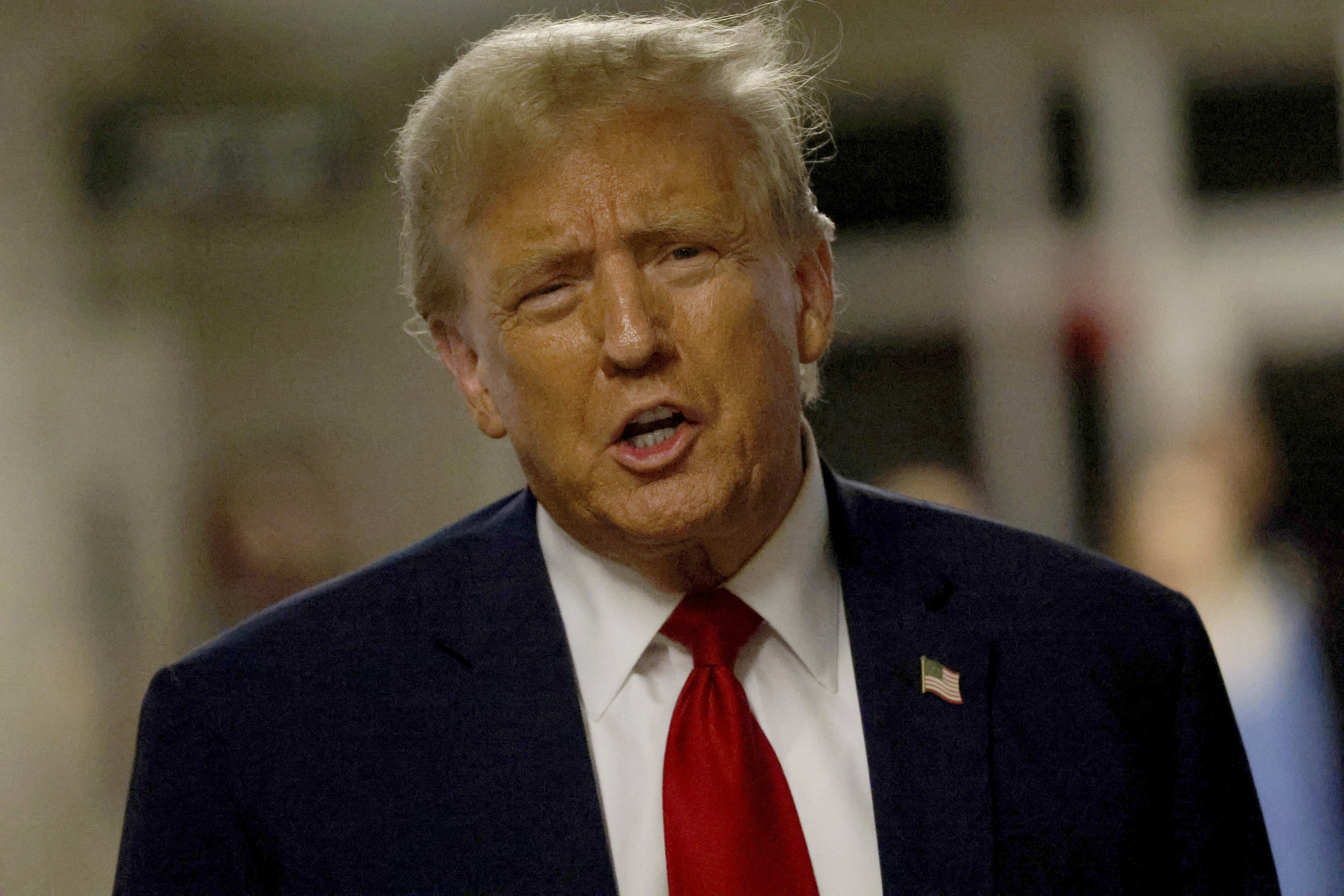Keith Olbermann's exit from MSNBC appeared abrupt to viewers of his show, but the talk-show host and his network were involved "in a relationship that's been failing for a long time," an NBC Universal executive said Saturday.
Olbermann's announcement at the end of Friday's "Countdown" that it would be his last show quiets, at least for the moment, the most dominant liberal voice in a cable-television world where opinionated talk has been the most bankable trend over the past several years.
As Olbermann read from a James Thurber short story during a three-minute exit statement Friday night, MSNBC simultaneously e-mailed a statement to reporters that the network and host "have ended their contract."
Neither indicated a reason nor addressed whether Olbermann quit or was fired.
But the NBC Universal executive characterized it as a mutual parting of the ways, with Olbermann taking the first step. The executive spoke on condition of anonymity because settlement talks were kept confidential.
Olbermann was nearly fired in November but instead was suspended for two days without pay for violating an NBC News policy by donating to three political campaigns, including the congressional campaign of Arizona Rep. Gabrielle Giffords. He returned and apologized to his fans, but not the network.
Last fall, Olbermann saw his role on NBC's `Sunday Night Football" eliminated. Olbermann, a former sports anchor, had willingly worked six days a week to be involved with the highly rated football telecast.
U.S. & World
NBC said he was removed so he could concentrate on his MSNBC job.
MSNBC spokesman Jeremy Gaines insisted Olbermann's exit had nothing to do with the acquisition of parent company NBC Universal by Comcast , which received regulatory approval Tuesday. General Electric will retain 49 percent ownership of NBC, parent of CNBC.
That deal marks the exit of NBC Universal chief Jeff Zucker, who saw Olbermann's value in turning around a once-unprofitable network, despite headaches the mercurial personality sometimes caused his bosses.
Olbermann and his manager did not immediately respond to requests for comment on Saturday.
One clue Olbermann offered in his goodbye statement was that he'd "been told" that Friday was his last show.
But Olbermann also said that "there were many occasions, particularly in the last 2 1/2 years, where all that surrounded the show—but never the show itself—was just too much for me. But your support and loyalty and, if I may use the word, insistence, ultimately required that I keep going. My gratitude to you is boundless."
"He did more than anybody to establish the credibility of progressive views through market-driven success," said David Brock, founder and CEO of the left-wing media watchdog Media Matters for America.
Olbermann's show was also an incubator for left-wing talent on the air, he said. Two-thirds of MSNBC's prime-time lineup, Rachel Maddow and Lawrence O'Donnell, got their own shows after successfully subbing for Olbermann.
His show also gave platforms to bloggers like Josh Marshall and Markos Moulitsas, as well as his own organization and the Center for American Progress, Brock said.
"Countdown" took off at a time when there was a large imbalance toward conservatives in radio and television political talk, Brock said.
"Keith led the way in correcting that," he said. "Now we're back to some degree of the balance going the other way."
After Giffords was shot in the head on Jan. 8, Olbermann came into the studio and took to the air on his day off with an emotional editorial saying politicians and talk-show personalities—including himself—need to swear off any kind of violent imagery so as not to incite anybody into acts like the Giffords shooting.
He said on Jan. 10 that he was ending his "Worst Person in the World" feature because some viewers took literally a feature that was "born in humor."
The aftermath of the Giffords shooting led to a discussion about the need for more civility in political talk, but Olbermann made no mention of that issue on Friday night.
MSNBC is replacing him with O'Donnell and moving anchor Ed Schultz into the 10 p.m. time slot and, along with Maddow, all of them swing left politically.
Phil Griffin, MSNBC's chief executive, expressed confidence in his new lineup Saturday while declining to talk about what happened with Olbermann.
"They're tested," he said. "We didn't have to bring anyone here who is new. We brought in people we know and who will succeed and that's why we're confident going forward."
Anyone who expects the volume of political rhetoric on MSNBC will go down will be "rudely surprised" in about a week, said Brent Bozell, founder of the conservative watchdog Media Research Center.
O'Donnell "is every bit as mean-spirited (as Olbermann), but not as creative," Bozell said. "I don't think the philosophy of MSNBC will change one iota."
While he disagreed with most everything Olbermann said, "he had probably the best-produced show on television," Bozell said.
That's the danger for MSNBC and liberals—Olbermann may be replaced by someone who has the same viewpoints, but not necessarily with a show people are as eager to watch.
"I'm not in the slightest bit surprised" by Olbermann's exit, Bozell said. "I've been expecting this to happen for a long time. But I was expecting a more spectacular blow-up."
Olbermann's peripatetic career landed him at MSNBC eight years ago—his second prime-time stint on the network—with a humorous show counting down the day's top stories.
That changed on Aug. 30, 2006, when Olbermann aired the first of a series of densely worded and blistering "special comments," this time expressing anger at then-Defense Secretary Donald Rumsfeld's criticism of opponents to the war in Iraq. More anti-Bush administration commentary followed.
Olbermann dropped any pretense of journalistic objectivity, and he became a hero to liberals battered by the popularity of Fox News Channel and its conservative commentators.
Olbermann openly feuded with Fox, often naming personalities like Bill O'Reilly and Glenn Beck "worst persons in the world" for some of their statements.
"Countdown" became MSNBC's most popular show. Instantly, a network that had often floundered in seeking a direction molded itself after Olbermann.
The Cornell graduate first became known for his work on ESPN's "Sportscenter," where he also cultivated a reputation for being talented but difficult to work with.
His first MSNBC stint ended in the late 1990s when he quit, complaining his bosses were telling him to talk too much about President Bill Clinton's impeachment scandal.
Olbermann's plans are unclear. He signed a four-year contract with MSNBC two years ago; contract buyouts typically include noncompete clauses that keep a personality off TV for a period of time.



